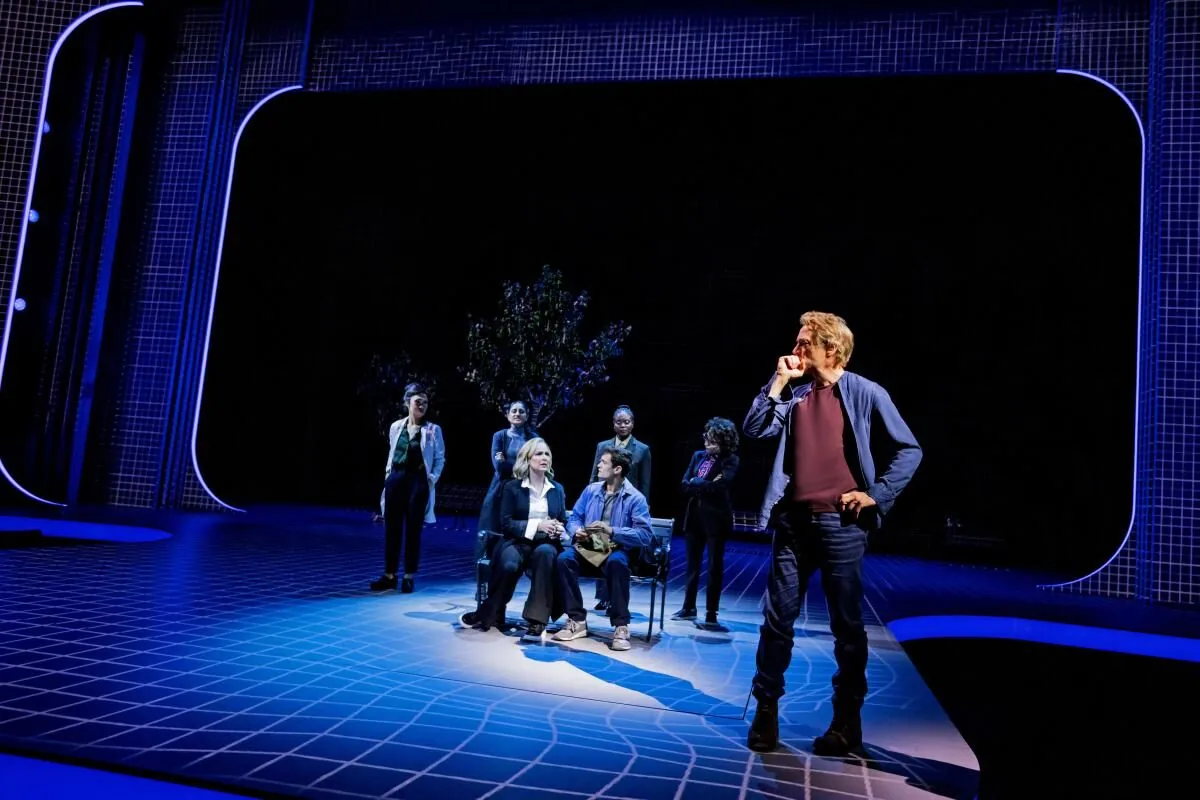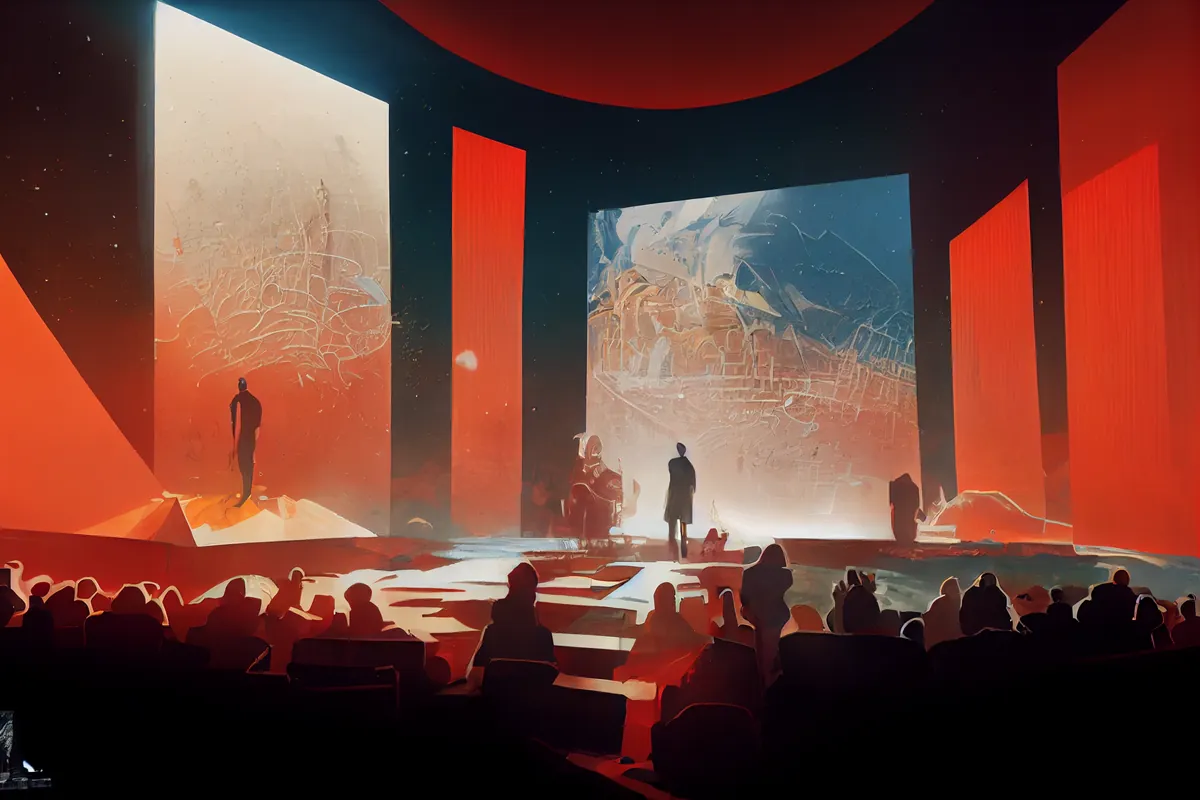Downey Jr.'s Broadway Debut Explores AI's Impact on Art in "McNeal"
Robert Downey Jr. stars in "McNeal," a Broadway play examining AI's influence on creativity. The production blends technology and classic literature, sparking debate on artistic originality.

In a thought-provoking exploration of artificial intelligence's impact on creativity, Robert Downey Jr. makes his Broadway debut in "McNeal" at the Vivian Beaumont Theater. The play, penned by Pulitzer Prize-winning playwright Ayad Akhtar, delves into the complex relationship between human artistry and machine-generated content.
Set against the backdrop of the literary world, "McNeal" introduces audiences to Jacob McNeal, a character embodying the archetypal troubled author. As the protagonist grapples with personal demons and professional ambitions, the narrative raises pertinent questions about the nature of originality in the age of AI.

The production incorporates cutting-edge technology, featuring ChatGPT as a named character and utilizing sophisticated projections to illustrate AI's capabilities. This innovative approach reflects the growing influence of generative AI in various creative fields, a trend that has gained significant momentum since the early 2020s.
"McNeal" cleverly interweaves references to classic literature, including "Oedipus Rex," "Hedda Gabler," and "King Lear," drawing parallels between timeless themes and contemporary concerns. This juxtaposition invites viewers to consider whether AI-assisted creation fundamentally differs from traditional artistic inspiration.
Despite its ambitious premise, the play struggles to maintain coherence amidst its myriad intellectual and formal experiments. The characters, including McNeal's agent and a young reporter, lack depth, serving primarily as foils to the protagonist's internal conflict.
Downey Jr.'s performance, while competent, fails to fully capture the complexity of McNeal's character. The actor, known for his charismatic portrayals in films like Iron Man, seems constrained by the role's limitations.
"We like to lie to ourselves. The computers are our fondest enablers. The great humans have always chosen not to play along with our lies, but to confront them."
This quote, delivered during a pivotal scene, encapsulates the play's central themes but also highlights its tendency towards platitudes.
"McNeal" raises intriguing questions about the future of creativity in an AI-dominated world. However, its execution falls short of providing a satisfying exploration of these complex issues. As the boundaries between human and machine-generated art continue to blur, productions like "McNeal" serve as important, if imperfect, contributions to the ongoing dialogue about the nature of creativity and originality.


































